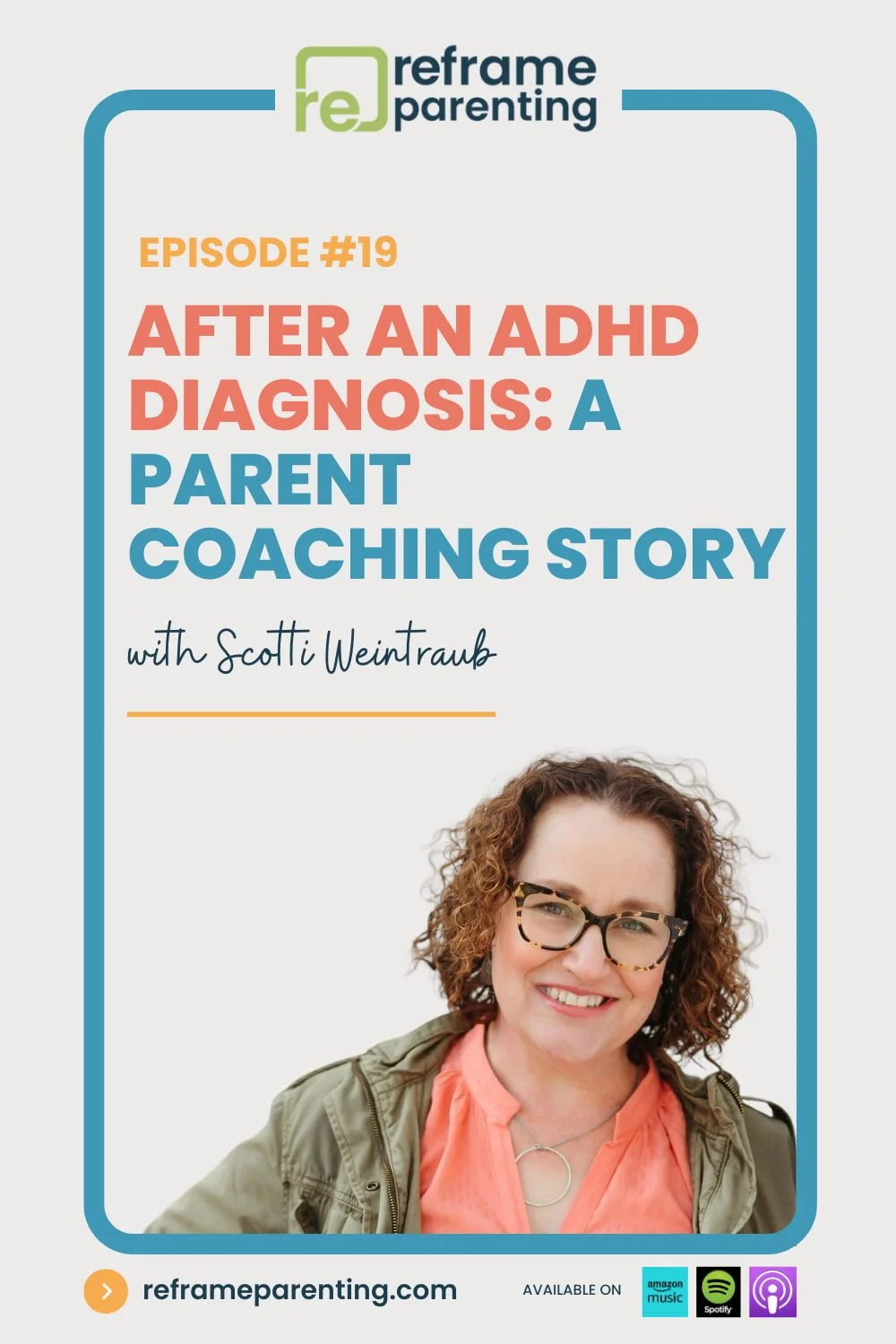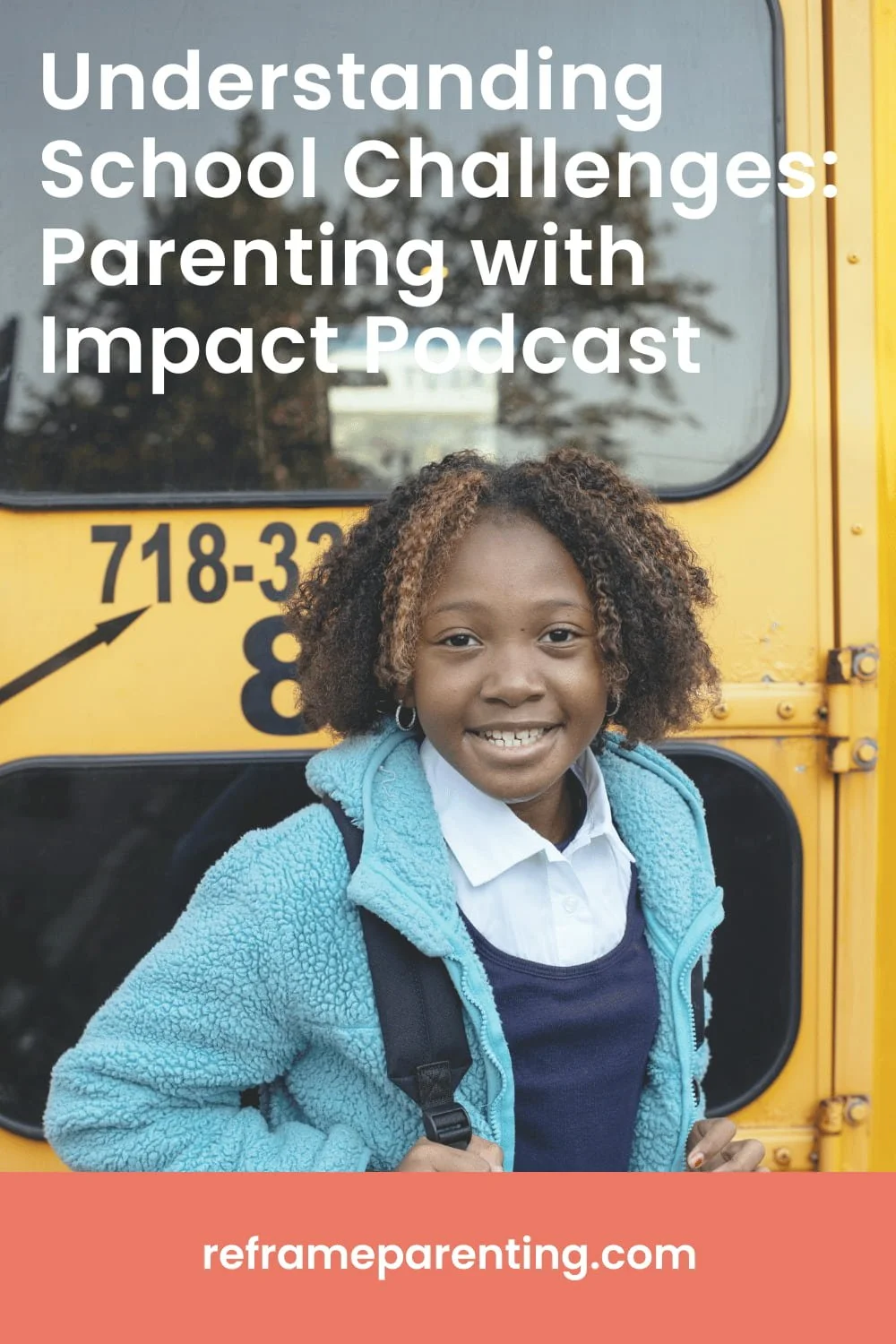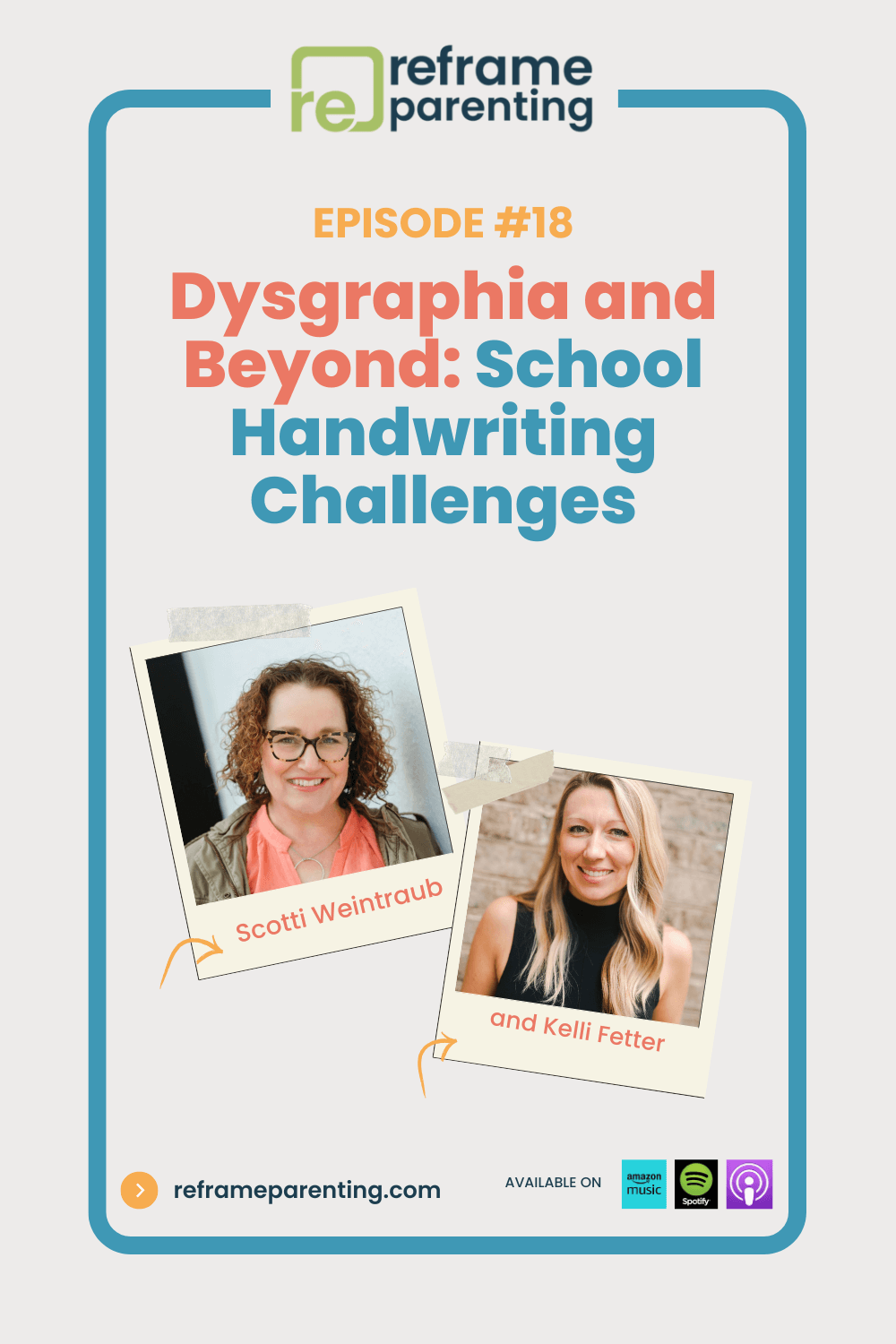Parent tips to Handle End-of-Year School Chaos
The End of the School Year Is a Lot — Here’s How to Handle It
The end of the school year hits like a tornado: field trips, class parties, final projects (that somehow all need last minute poster board or late night stress sessions), and emotional kids and parents barely holding it together. Feeling the end-of-year school stress in full force? You’re far from alone.
For parents of kids who already find school challenging, are neurodivergent, or have learning disabilities, this season can feel like the chaos dial is turned up to 11. With a few thoughtful moves and some planning ahead, you can all have a strong finish to the school year.
End-of-Year School Stress Is Real
Think about all that’s going on in a short time period. Disrupted routines, social overload, heightened pressure on school performance, and a lot of non-school commitments too (spring sports, need I say more?!). It’s a lot for even the most even-keeled students. Add in the looming transition to summer and this time of year can push everyone to the brink. This is especially true for kids who thrive on routine.
Let’s reframe these end of year challenges. That meltdown over homework, freakout over a big project or sudden inability to finish assignments? It’s not laziness or defiance. More likely, it’s fatigue. It’s been a long year and the added pressure of the end of the year adds fuel to the frustration fire when the regulation tank is running pretty empty. If you see what’s really happening, you can respond with more kindness and less frustration
Pick Your Priorities for the End of the Year
Let’s look at that list of “must-do’s”. Use a critical eye to look at what’s on the list. I’m guessing some of these could easily be moved to the "maybe not” pile. Don’t you agree? Focus your energy on the things that truly have to get done NOW. Some things really do need to get done at the end of the year like final exams or that yearly IEP goal setting meeting.
The rest that aren’t necessities? Channel your inner Elsa and “Let it Go!”. Which of these in the “maybe not” category are just “would be fun but not critical” or even “that would not be fun for my kid”. Good enough reasons to take them out of the running for using your limited time and energy.
Added tip! Share your list of end-of-year activities and commitments with your child. Do they agree on what’s mission critical? Which activities are uber important for them and which are they willing to let go?
Behavior Is Communication
Big behaviors at the end of the school year are more than just added chaos. They’re information but we have to be willing to look and listen. Think of behavior like the tip of a big iceberg where you only see what’s above the water line. What’s lying below is bigger and sometimes more important. Looking under the water is where we get to the root of the issues and finding that information can lead us to more effective solutions (and understanding!).
Some questions to ask yourself at the end of the year:
Has this been happening throughout the school year? Or is it new?
Are there particular times of day (or specific classes or activities) where things are harder?
Did this happen at the end of the year last year too?
Have I talked to the teacher about what I’m seeing at home?
How can I turn down the end of the year pressure?
Read my blog post on behavior as communication for even tips and insight.
Reflect Before Summer Break Hits
Before we get to the end and you turn your back on the year, take a little time to reflect on the year you’ve had. If you can carve out some precious time right now, future you will be thankful. Make some notes about the year from your own perspective. Don’t forget to ask the teacher for their valuable insights too while it’s all still fresh.
Ask yourself & your child’s current teacher:
What went well for my child this year?
What felt harder than it needed to be?
What changes do we want to see for next year?
This kind of end-of-year reflection gives you powerful talking points when it’s time to discuss next year’s teacher placement or services. You’ll have added insight into what it takes to help your child shine in the classroom and that’s worth its weight in gold.
Check out my $9 tool for gathering this info and sharing it with the school for a solid teacher fit!
Ease the Transition from School to Summer
For many kids (especially neurodivergent ones), transitions are tough, even when they are welcome ones like the start of summer break. They’ve gotten really used to the routine of school. They know expectations in their classrooms, have a sense of community at school, and get to see their friends every day. They may miss some of this! So when summer starts and all that gets thrown out the window, it can be difficult to settle into new routines.
Ideas for parents to ease the transition:
Talk about the transition with your child.
Ask what they are going to miss about the school year? What are they going to enjoy about the summer?
Let them help plan out their summer activities
Make specific plans to see school friends once school ends.
Plan some structure to their days and weeks. Too much unscheduled time can be hard.
Plan some down time too especially if your kid needs time to decompress. Too much scheduling can be hard for some kids.
The end of the school year is messy for everyone. It doesn’t mean you’re doing it wrong — it simply means you’re in the thick of it. A little targeted work now will yield big returns and cut that chaos considerably.
Ease the load if you can.
Capture that ultra valuable current year info.
Set yourself up for success for the transition.
Before you know it, you’ll be pool-side enjoying a cool drink and this school year will be a distant memory.








